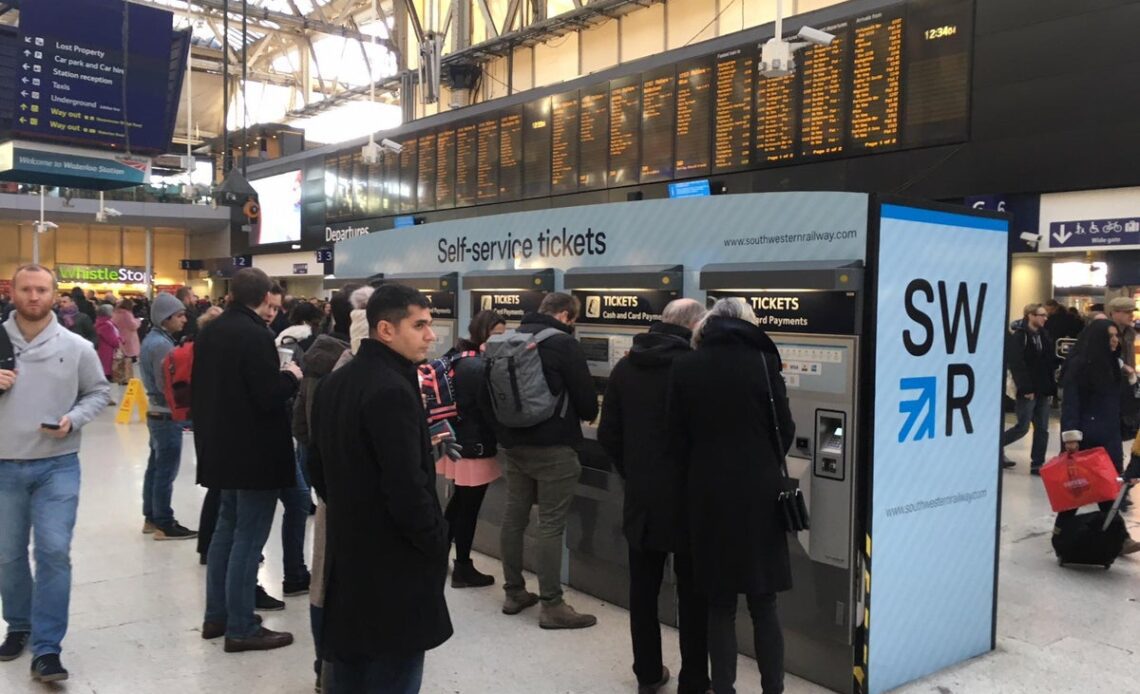In the biggest upheaval in the railway industry for a generation, the vast majority of railway stations in England will be left without ticket offices: that is the plan from the major train operators, with the blessing of government ministers.
The rail firms – including all the leading intercity and commuter operators – say only one in six of the 1,766 stations within their control currently have a full-time ticket office – and that 43 per cent of railway stations are entirely unstaffed.
As revealed by The Independent, rail firms say they aim to redeploy staff to wider roles at stations. Passengers can expect “more face-to-face support”.
The intercity train operator Avanti West Coast says staff will transition to “multi-skilled customer ambassador roles” and “would be available to give advice about the best and cheapest fares as well as supporting customers with accessibility needs”.
But disability campaigners claim the scheme will prevent disabled people from using the rail network entirely, while the boss of the biggest rail union insists it will “create the conditions for a muggers’ paradise on the railways”.
These are the key questions and answers.
What’s the big idea?
All the big train operators in England are seeking to close most ticket offices at the stations they run.
“Train companies across the country are launching passenger consultations to move staff from ticket offices and into stations,” says the Rail Delivery Group (RDG) which represents the operators.
The chief executive of the RDG, Jacqueline Starr, said: “The ways our customers buy tickets has changed and it’s time for the railway to change with them.”
The rail firms are under the control of the Department for Transport (DfT). They include key long-distance train operators (Avanti West Coast, CrossCountry, East Midlands Railway, Great Western Railway, LNER and TransPennine Express), as well as Northern, Chiltern, West Midlands Trains and London commuter operators: Greater Anglia, GTR (Gatwick Express, Great Northern, Southern, Thameslink), Southeastern and South Western Railway.
Stations managed by Merseyrail, ScotRail and Transport for Wales (which includes a handful of England stations – Chester, Hereford, Leominster, Runcorn East and Shrewsbury) are unaffected.
The RDG says: “Where adopted, the proposals will see ticket office…
Click Here to Read the Full Original Article at The Independent Travel…
